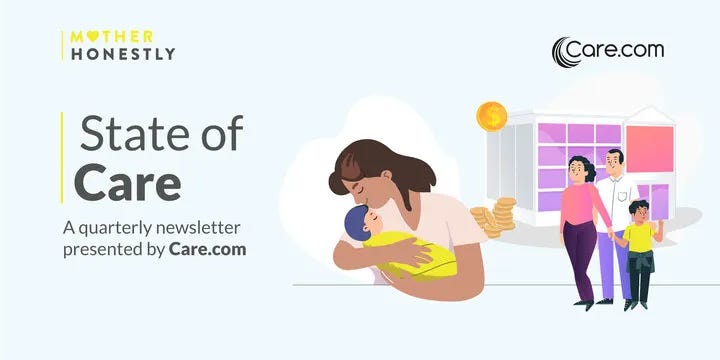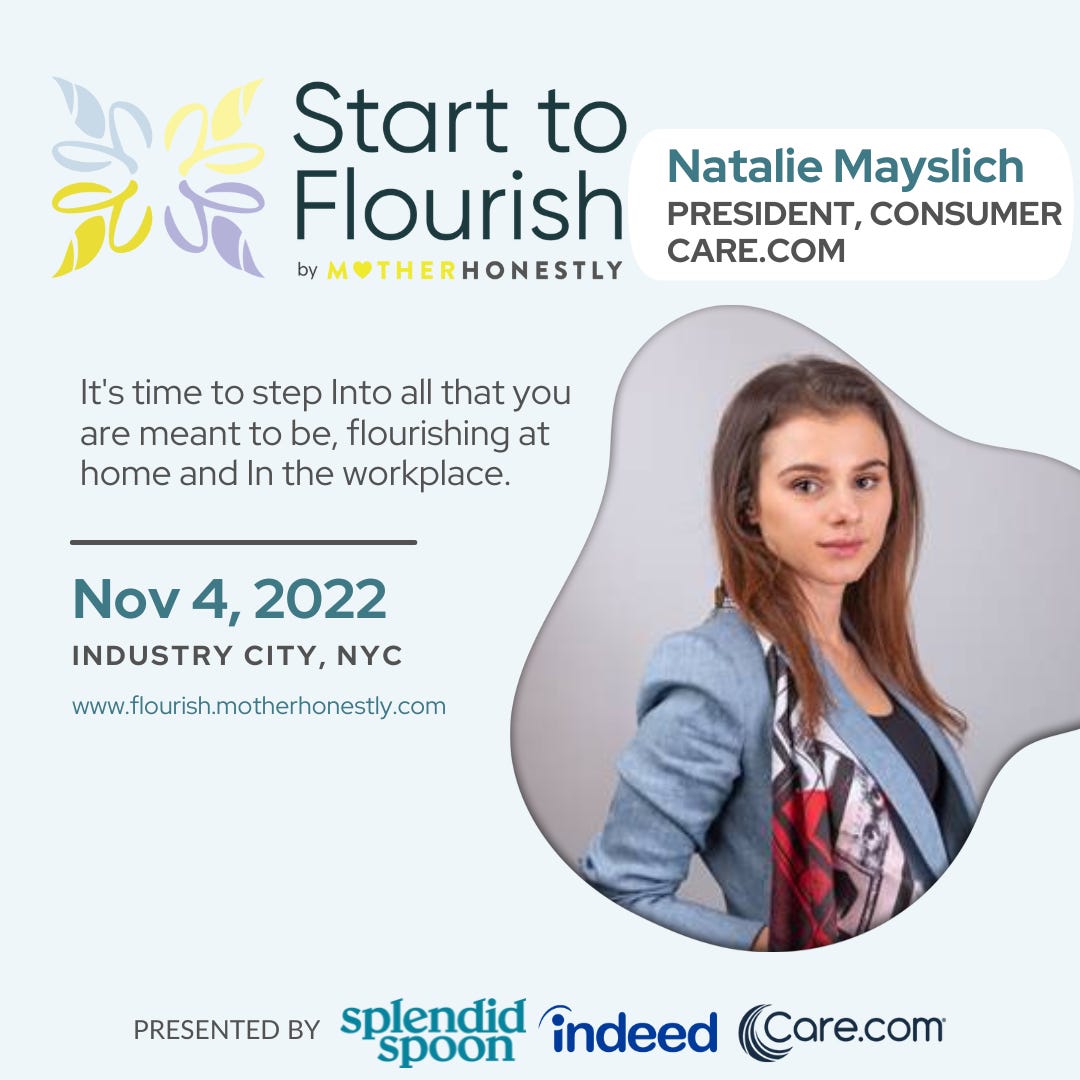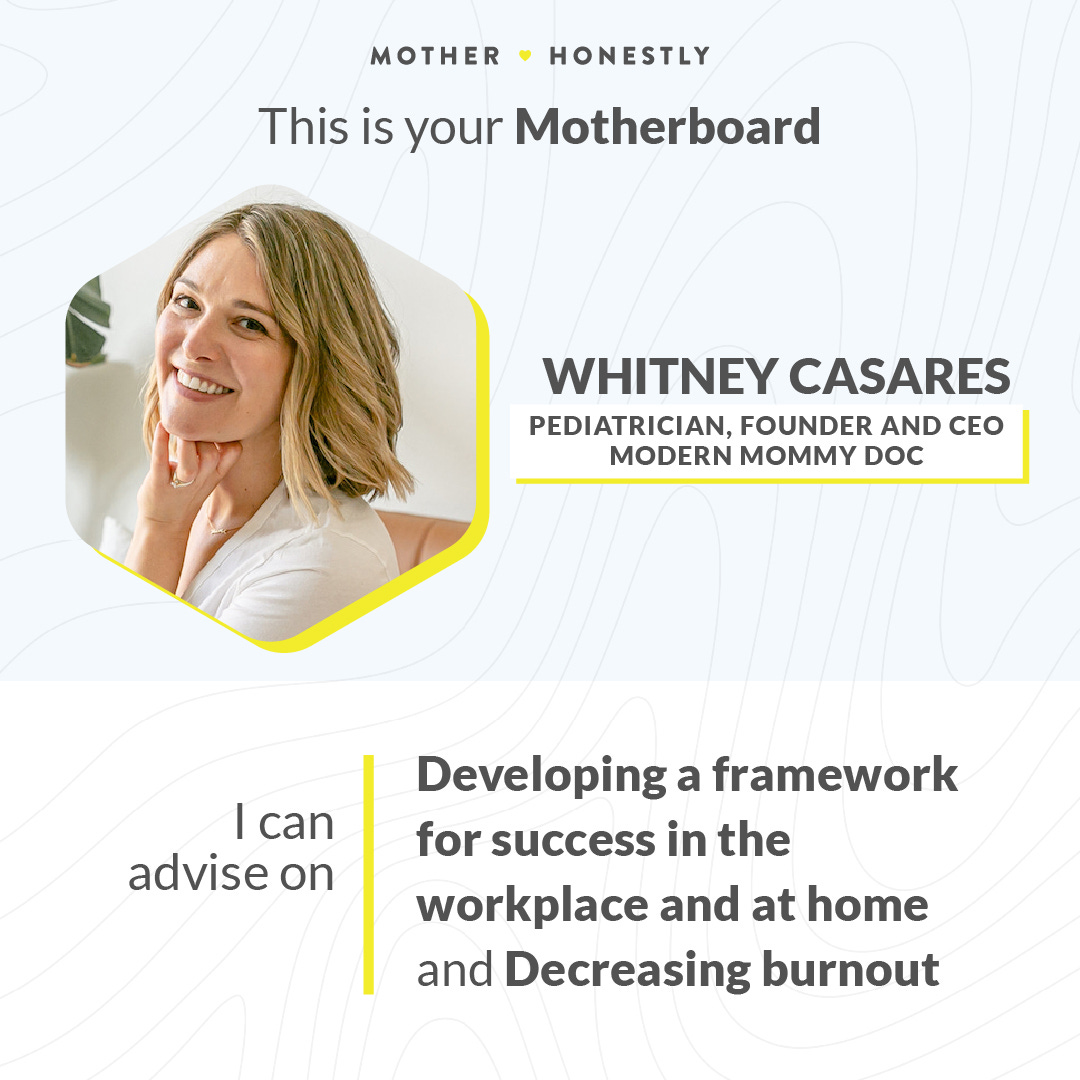We’re emerging into a post-pandemic era, but apparently I’m not the only one who still feels depleted.
In a recent newsletter in The New York Times, parenting columnist Jessica Grose detailed why caregivers feel like ‘butter that has been scraped over too much bread.’ The reasons are varied and complex, but labor shortages, product delays and rising prices certainly play a role. Parents have spent the past year tracking down child care providers and baby formula. Our kids are on lengthy waitlists for therapists and swim lessons. We’re adjusting to the jarring busyness of “normal,” but normal takes a few more steps than it used to, given all of these issues. (Note to self: Order Halloween costumes now.)
Frankly, I’m exhausted.
What I really need is time.
Unfortunately, scientists haven’t managed to conjure more than 24 hours in a day. Which means working parents are stuck trying to cram as much as we can into our schedule, while leaving a bit of time for, you know, sleep. Given this reality, it’s no surprise that two-thirds of working parents meet the criteria for burnout, according to researchers at Ohio State University.
What we really need is a better social safety net that would help parents access affordable child care and paid sick leave when they need it. Until that happens, employers can and should help parents thrive. Yes, with better mental health benefits, but it's going to take more than just virtual therapy. Companies will also need to find ways to help parent employees reclaim their time, whether that's innovative strategies to reduce their workload (such as flexible work and job sharing) or by taking domestic tasks off their plates.
Below are four great suggestions from the experts at Care.com:
The Fix: 4 Creative Ways Employers Can Help Working Parents and Caregivers
By Sheri Reed, Global Managing Editor, Care.com
Working parents and family caregivers face an insurmountable challenge every day, juggling their careers with looking after loved ones. If this wasn’t apparent to employers before the pandemic, the struggle is certainly clear now. In response, many employers are now offering work-life benefits, tools and resources.
While it may be in every employer’s best interest to keep the vast number of working parents and caregivers present, productive and engaged in their jobs, benefits tailored to those facing the greatest work-life challenge could lead to even brighter workforce outcomes than imagined.
Case in point, employers that offered work-life benefits to all employees saw the percentage of women and people of color in management rise significantly, according to new research in the Harvard Business Review. Analyzing data from more than 800 U.S. companies over 30 years, the authors found that “when companies had universal policies for family leave time, flexible scheduling and help with child care, the percentages of Black, Hispanic and Asian American male and female managers increased significantly. So did the percentage of white female managers.”
Whether you’re an executive, human resources professional or employee advocate, take a moment to consider these work-life programs smart employers are offering:
Flexible workplace policies
Flexibility is key for both parents and caregivers supporting an aging parent. This can look different across industries and may include:
Remote or hybrid work plans.
A more gradual return to the office after giving birth, adopting or taking leave to care for a loved one.
A redefined workweek, based on employee input.
Management training to recognize and enable flexible options when caregivers have a care crisis or need.
Backup care
Nothing throws a busy working parent or caregiver’s week off-kilter faster than when care plans fall through. Because no one should have to choose between work or caring for a loved one, subsidized backup care benefits, like those offered through Care for Business, make it possible for employees to fill unplanned gaps in care with on-demand, vetted care solutions.
Access to specialists
The ability to connect with specialists can truly benefit employees in need of support. Help can range from free access to mental health care providers or personal finance consultations. One example: Care Specialists, a benefit offered through Care for Business, provides 24/7 access to 1:1 expert support from social workers, senior care experts and more.
Employee resource groups (ERGs)
Employers can also support parent and family caregiver ERGs, voluntary employee groups that convene and collaborate to tackle challenges they collectively face in the workplace. Every ERG sets its own mission and may include support, education and resources for any and all of the following:
Parental or family leave.
Employee benefits.
Strategies for balancing personal and professional obligations.
Career path planning.
Support through shared parenting and caregiving experiences.
Parent and caregiver advocacy across the workplace.
JOIN US VIRTUALLY:
Want to learn more about how the pandemic has impact working families in Africa—and where we go from here? Join us virtually for our Prosper Summit, hosted in partnership with Lagosmums. To receive a FREE registration link, please take our survey on the 2022 State of Family and Work in Africa. Your voice will help us understand the modern African family, so we can work together on real change. Take the survey here!
ATTEND OUR SUMMIT:
Women are a crucial component of building a better future—but working families aren't getting the support they need at home or at work. At our summit, we will identify what women and working families need from partners, employers and society at large—and examine the innovative solutions that are giving us hope.
Join us November 4th to hear from some of the influential women who are crafting a more sustainable future for caregivers, including Natalie Mayslich of Care.com. Tickets are now available!
GET 1-ON-1 ADVICE:
Whitney Casares, MD, MPH, FAAP, is a practicing board-certified pediatrician, author, speaker and full-time working mom. Dr. Whitney is a Stanford University-trained private practice pediatrician whose expertise spans the public health, direct patient care and media worlds. She is also CEO and Founder of Modern Mommy Doc and The Modern Mamas Club App. Book Dr. Whitney today!
HATE TO SEE IT
Child care workers make less money than dog walkers. A recent editorial in The Washington Post on how to fix the broken child care industry contained a startling statistic: The median hourly pay for child care workers is $13.22, less than the $13.81 animal caretakers earn. Only fast food workers earn less, at $12.49 per hour.








